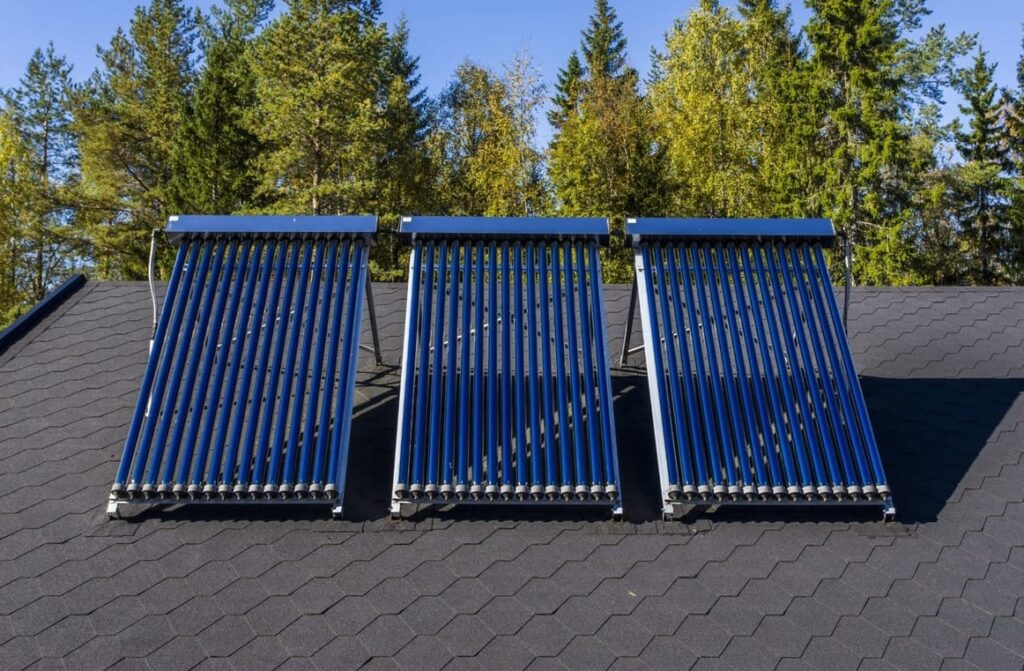As the adoption of solar energy becomes increasingly popular among homeowners, it’s essential for those considering or already having solar installations to be aware of potential risks and challenges associated with harnessing the power of the sun. While solar panels offer numerous benefits, understanding and mitigating the risks can ensure a smoother and more secure experience for homeowners.
1. Upfront Costs and Return on Investment:
Investing in solar panels often requires a significant upfront cost. Homeowners should carefully evaluate their financial situation and assess the potential return on investment over time. While many homeowners experience long-term savings on energy bills, the initial investment can be a barrier for some.
2. Maintenance and Repairs:
Solar panels are designed to be durable and low-maintenance, but they are not immune to wear and tear. Regular maintenance is crucial to ensure optimal performance. Homeowners should be prepared for occasional maintenance costs and consider warranties or service agreements offered by solar providers.
3. Aesthetic Impact:
The installation of solar panels may alter the aesthetic appearance of a home. Some homeowners associations (HOAs) may have restrictions or guidelines regarding the visibility of solar panels from the street. It’s essential to check with the local HOA and adhere to any guidelines to avoid potential issues.
4. Impact on Property Value:
While solar panels can enhance the appeal of a property for environmentally conscious buyers, their impact on property value can vary. In some cases, solar installations may increase property value, but homeowners should be mindful of the potential market preferences in their area.
5. Weather-Related Risks:
Solar panels are designed to withstand various weather conditions, but severe weather events such as hurricanes, hailstorms, or heavy snowfall can pose risks. Homeowners should be aware of the potential for damage and consider insurance coverage to protect against weather-related risks.
6. Regulatory Changes:
Government incentives and policies supporting solar energy can change over time. Homeowners should stay informed about local regulations, tax incentives, and potential changes in policies that may impact the financial aspects of their solar investment.
7. Grid Dependency and Outages:
Grid-tied solar systems rely on the electrical grid. In the event of a power outage, grid-tied systems may shut down for safety reasons. Homeowners may consider investing in battery storage systems to maintain power during outages.
8. Technological Advances:
The solar industry is dynamic, with continuous technological advancements. Homeowners should be aware that the solar panels they install today may become outdated in the future. Staying informed about emerging technologies can help homeowners make informed decisions about upgrades or replacements.
While solar energy offers numerous benefits, homeowners should approach solar panel installation with careful consideration and awareness of potential risks. Engaging with reputable solar providers, understanding financial implications, and staying informed about industry developments can empower homeowners to navigate the solar landscape successfully. By addressing potential risks proactively, homeowners can enjoy the long-term benefits of clean, renewable energy while minimizing potential challenges.




